Afghanistan crisis care closer to home
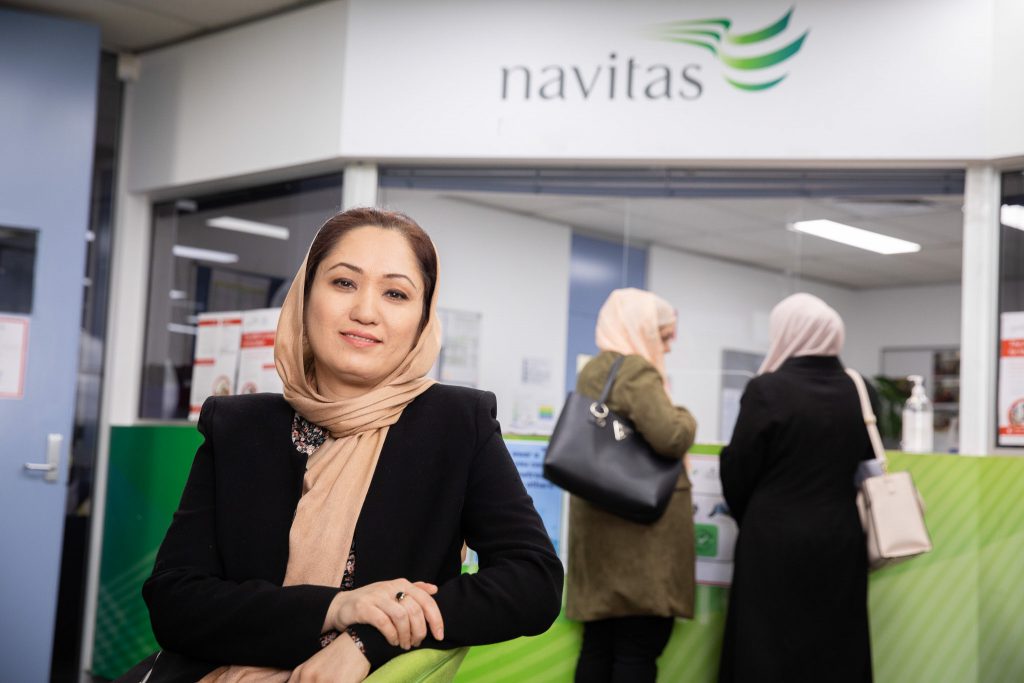
In the six months since Afghanistan fell to the Taliban, Navitas Skilled Futures has provided a vital lifeline to Western Sydney-based Afghans.
Apart from helping with the settlement and education of new arrivals, Navitas Skilled Futures staff have been working tirelessly and constantly behind the scenes to care for those affected by the trauma of the deteriorating situation in their homeland.
NSW is home to more than 13,000 Afghanistan-born residents, most in Sydney, with the largest Hazara community living in Auburn and Merrylands.
Navitas Skilled Futures Stakeholder Engagement Manager Farzana Farzana – herself a refugee from the Hazara ethnic minority – said the fall of Kabul in August had devastated the local Afghan community, many of whom had faced persecution and human rights abuses in Afghanistan, and who now felt helpless and feared greatly for family and friends still living there.
“Right now, there are many individuals and families facing horrific memories of past events,” Farzana explained.
“They are facing extreme anxiety and trauma around the loss of loved ones and uncertainty around the safety of their loved ones still in Afghanistan.”
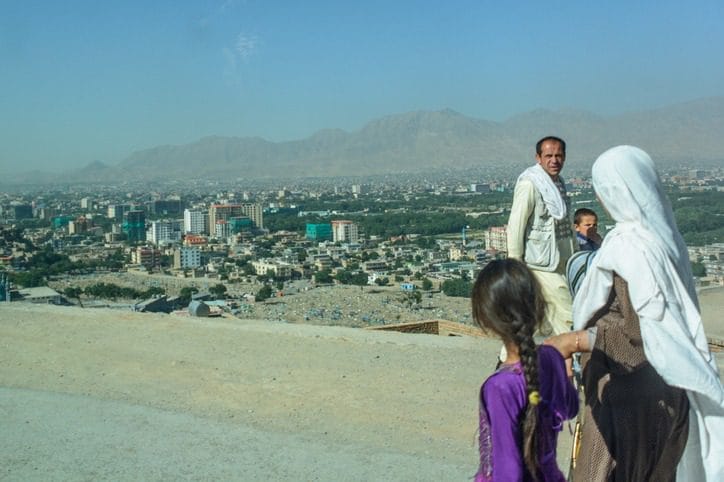
Farzana is one of many Navitas Skilled Futures staff member who works closely with Afghan/Hazara community members, community organisations and refugee support groups in the South West Sydney and Sydney Greater West community, uniquely positioned to relate to the challenges faced by refugees.
“We can understand what reliving trauma means and the importance of our ability to hold a safe, non-intrusive space for those who are experiencing that,” Farzana said.
“Being gentle, welcoming and compassionately supportive in assisting our Afghan friends to be linked with appropriate local community services is the essential first step. Through our community development work on the ground, we have been providing additional support for those affected.”
Support has included group support sessions for Navitas Skilled Futures’ Afghan students from Fairfield and Liverpool colleges, coordination of mental health group counselling by a professional counsellor from STARTTS (NSW Service for the Treatment and Rehabilitation of Torture and Trauma Survivors), and arranging a humanitarian Q&A session by Legal Aid.
As a part-time facilitator with the Community Migrant Resource Centre (CMRC), Farzana facilitated weekly sessions to support Afghan women to provide a safe space to share their feelings without fear of prejudice. Here she helped recruit a Navitas student and fellow Hazara woman Sani Zahra to the Facilitator team.
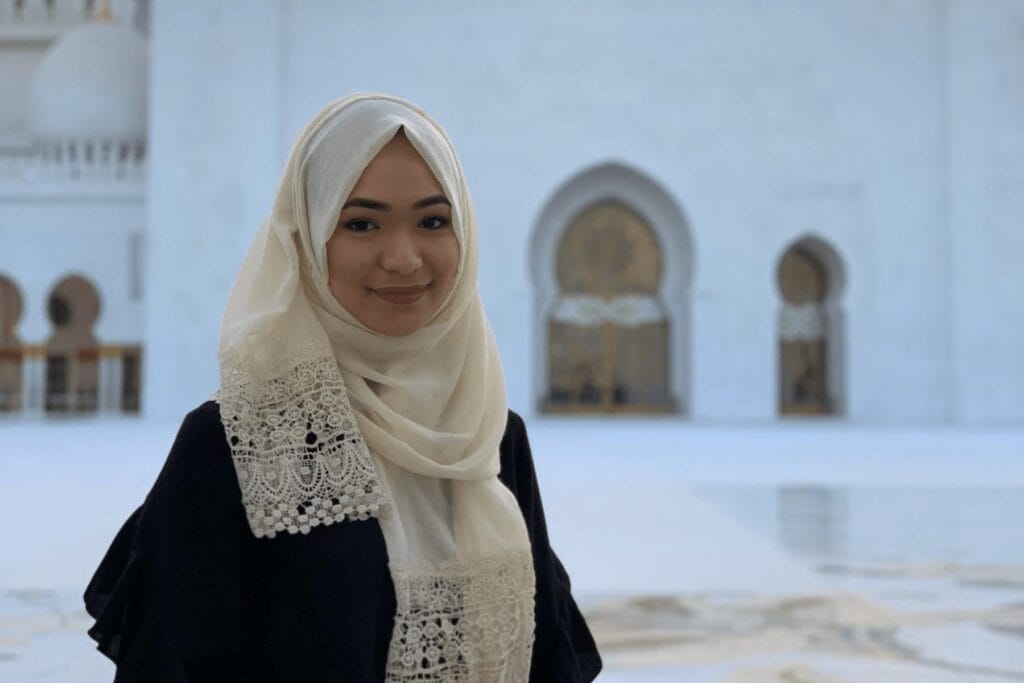
Like Farzana, Sani said being from the same Hazara background as the women she supported allowed her to bring empathy and understanding at a time when it was greatly needed.
“Especially as a woman myself, belonging to a Hazara ethnic minority who have historically been targeted by extremist groups such as the Taliban, I cannot begin to imagine what the future holds for Afghans and how much of a say or freedom the general public will have in their daily lives under a Taliban-run country,” she said.
“Some of the participants in my Sharing Circles have shared stories where their family members have had to flee the country leaving all their belongings there to save their lives.
“All of us in the group are concerned with the situation in Afghanistan but we try to console each other in the session.”
Farzana was also selected to be a member of the NSW Afghan Community Advisory Forum, which meets monthly (since October) to provide a two-way communication channel between the community and NSW Government through Multicultural NSW and Professor Peter Shergold AC. The forum discusses progress and challenges for consideration and appropriate action for both NSW and Commonwealth Governments to ensure the successful settlement of Afghan evacuees in NSW.
In response to the current crisis, The Australian Government has committed to 15,000 places for Afghan nationals, through its Humanitarian and Family Visa programs over four years.
Navitas Skilled Futures has enrolled 50 of these students across its colleges in the past six months, with many more expected, including a number already registered or undergoing initial assessment.
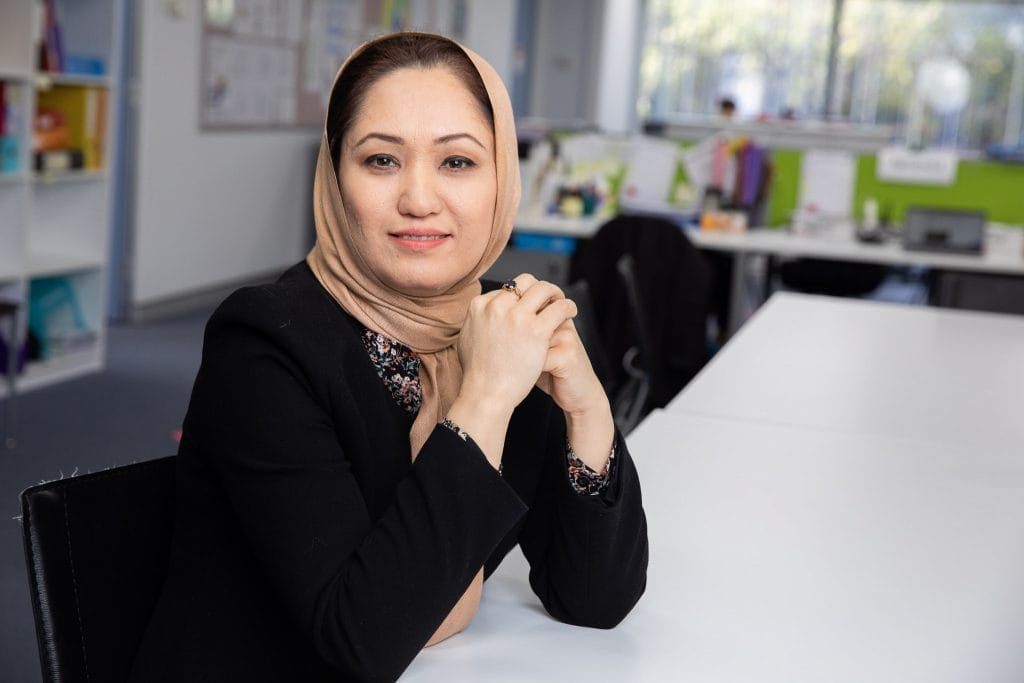
Navitas has worked collaboratively with Settlement Services International (SSI) and other government and non-government organisations to ensure these newly arrived refugees are fully supported with their resettlement, including access to training and education, housing, and all available services. Navitas has worked with local migrant resource centres, LegalAid, Refugee Advice & Casework Service (RACS) and the Afghan Health working group to develop support strategies, such as form application sessions, Humanitarian Visa option sessions, a directory of services providing free legal support, and identification of – and response strategies for – the health needs of the new arrivals.
Navitas Skilled Futures General Manager Jetinder Macfarlane said she was proud of the work being done to support the wider community in challenging times.
“Navitas has an important role to play in supporting the Afghan community, especially the 13,032 Afghan-born residents who call NSW home,” Ms Macfarlane said.
“This community has grown significantly in the past two decades and it is rewarding to see how we have been able to help so many people establish their new lives in Australia.
“Our knowledge, relationships and understanding have allowed us to reach out and engage with our local Afghan community members and groups in a meaningful way through this current crisis to help them to cope during a time of immense change in their lives. We have a long way to go but step by step we are getting there.”
